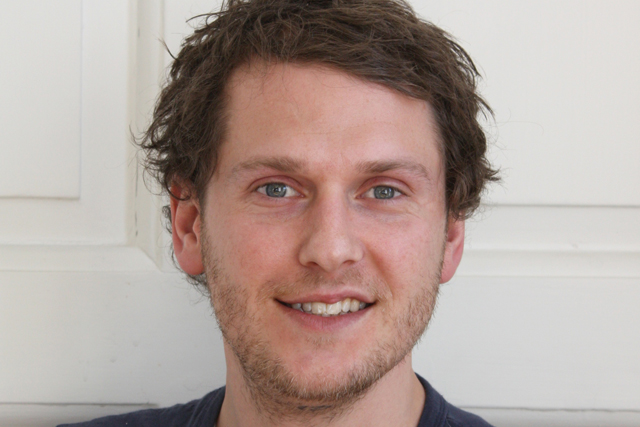Saunter down a supermarket aisle nowadays and it’s much of the same old, same old.
Scores of cheery start-up brands piling into the same cluttered space in an effort to be like the ever so slightly kooky Innocents of this world.
Tea, coffee, chocolate, biscuits and happy ice cream brands. They are all at it, positioning themselves as oddball, cheery folk with oodles of personality.
For consumers however, this mass arrival of the ‘minnocents’ only confuses, rather than challenges category leaders.
These aren’t challenger brands, they are challenged brands, unable to break out of the herd mentality of copycat typefaces, oh-so-yummy language and one, big ‘we’re really nice, friendly and honest’ overload.
, Mark Earls will tell you people behave in exactly the same way.
As humans we are programmed to be together not apart but for these pretenders their biggest challenge isn’t rejection, it’s indifference.
So when lots of Innocents come along, as they have recently, the shop shelf becomes a blur for people, a melee of quirky names, ‘yummy’ language and ‘witty, honest’ design.
Naturally people find a way of making some sense to help their decision-making process, thereby determining what they like, and ultimately, what they buy.
Often, they can unconsciously sort a category by stereotyping.
They learn this from other people in their immediate network - the funny uncle, the best friend, the annoying little sister.
So adjectives are attached to brands (cheap, funny, best). Take vodka – the Russian one (Smirnoff), the creative one (Absolut), the cheap-but-does-the-job one (supermarket own brand).
True innovators flip stereotypes, displaying an intrinsic understanding of the category rules so they can break them to create a new and memorable philosophy.
So where is brand disruption coming from? And what is a new generation of less emasculated, ballsy brands doing to break out of the passé Innocent mould? Where are the brands that are man enough not to fear rejection?
.
The name refers to a 'bird-like object', but its pronunciation evokes that of 'boid' in a strong New York accent.
As with most artificial life simulations, Boids is an example of emergent behaviour; that is, the complexity of Boids arises from the interaction of individual agents (the boids, in this case) adhering to a set of simple rules.
The rules applied in the simplest Boids world are as follows:
- Separation: steer to avoid crowding local flockmates.
- Alignment: steer towards the average heading of local flockmates.
- Cohesion: steer to move toward the average position (centre of mass) of local flockmates.
When Disney was trying to create the stampede of the wildebeests in cartoon movie The Lion King, it used Reynolds’s model to make it happen.
Yet there are three ways to break the mould, flee the flock, leave the leap or any other animal herd-related saying you care to recall.
- Subtract - if less is more, take things away like Google did with its home page, or Ikea and its ‘help yourself, make it yourself’ ethic, and Method with its beautifully simple packaging.
- Swerve - like Swatch did when it started amid a crowd of metal, sophisticated watches, or Hendricks has done with gin in an unusual black, squat bottle, or even and its curious mix of quality confectionary for monsters.
- Subvert - brands like Mini and Dove challenge convention (car size and body confidence, respectively), and in doing so invite us to re-evaluate preconceptions and stigma. And don’t forget - we know ice cream is cold but ice cream is also cool!
Clearly, design plays a big part in all of this, from the product through to the packaging, but so does creating a brand that pushes harder and digs much deeper beneath the surface than some cheery folk with a nice idea.
‘Doing’ or ‘asking for’ an Innocent is lazy marketing, and in this day and age the more curious we are in striving for genuine stand out, the more remarkable the outcome.
Strong brands know their edges and are unafraid to keep them sharp. If you are looking for a new philosophy that means something, .
Duke Cannon won’t appeal to everyone, but it’s one hell of a memorable way of saying get clean and smell good.
As the positioning guru Jack Trout said: ‘Differentiate, or die’.


